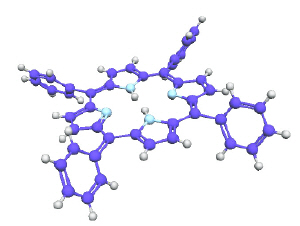User:Oliver James Clarke: Difference between revisions
imported>Oliver James Clarke No edit summary |
imported>Oliver James Clarke No edit summary |
||
| Line 1: | Line 1: | ||
My first degree is: Bachelor of Science (BSc) Chemistry (Hons) | My first degree is: Bachelor of Science (BSc) Chemistry (Hons) from the University of Essex, UK, 1997. www.essex.ac.uk | ||
My PhD is: Doctor of Philosophy (PhD) Biological Chemistry from the University of Essex, UK, 2001. www.essex.ac.uk | My PhD is: Doctor of Philosophy (PhD) Biological Chemistry from the University of Essex, UK, 2001. www.essex.ac.uk | ||
Revision as of 16:57, 12 April 2007
My first degree is: Bachelor of Science (BSc) Chemistry (Hons) from the University of Essex, UK, 1997. www.essex.ac.uk
My PhD is: Doctor of Philosophy (PhD) Biological Chemistry from the University of Essex, UK, 2001. www.essex.ac.uk
From 2000 to 2001 I held the position of Senior Post-doctoral Research Fellow at the University of Hull, UK.
Academic publications:
- Tetrahedron Letters, p7167-7168, 39, 1998.
- Chemical Communications, p2231-2232, 1999.
- Journal of Porphyrins and Phthalocyanines, p575-581, 5, 2001.
- Bioconjugate Chemistry, p249-263, 13, 2002.
- British Journal of Cancer, p1442-1449, 92, 2005.
- Google: Oliver J Clarke porphyrin
In 2001 I joined Leica Microsystems GmbH as an Advanced Microscopy and Imaging Product Specialist using my research knowledge and expertise in my first commercial role.
In 2003 I joined Carl Zeiss MicroImaging GmbH as a Product Manager within the division of Microscopy and Imaging. I have special knowledge of imaging and laser microdissection.
I have a wide ranging interest in all aspects of science and technology with a particular interest in Biological Chemistry and the Molecular Biological basis for disease. I am also keenly interested in the applications of microscopy as a general tool. I have also developed a knowledge of the workings of the microscope as well as the historical importance of microscopes in the development of medicine.
